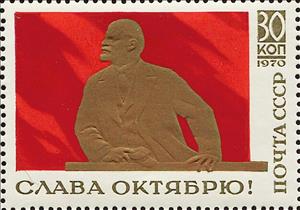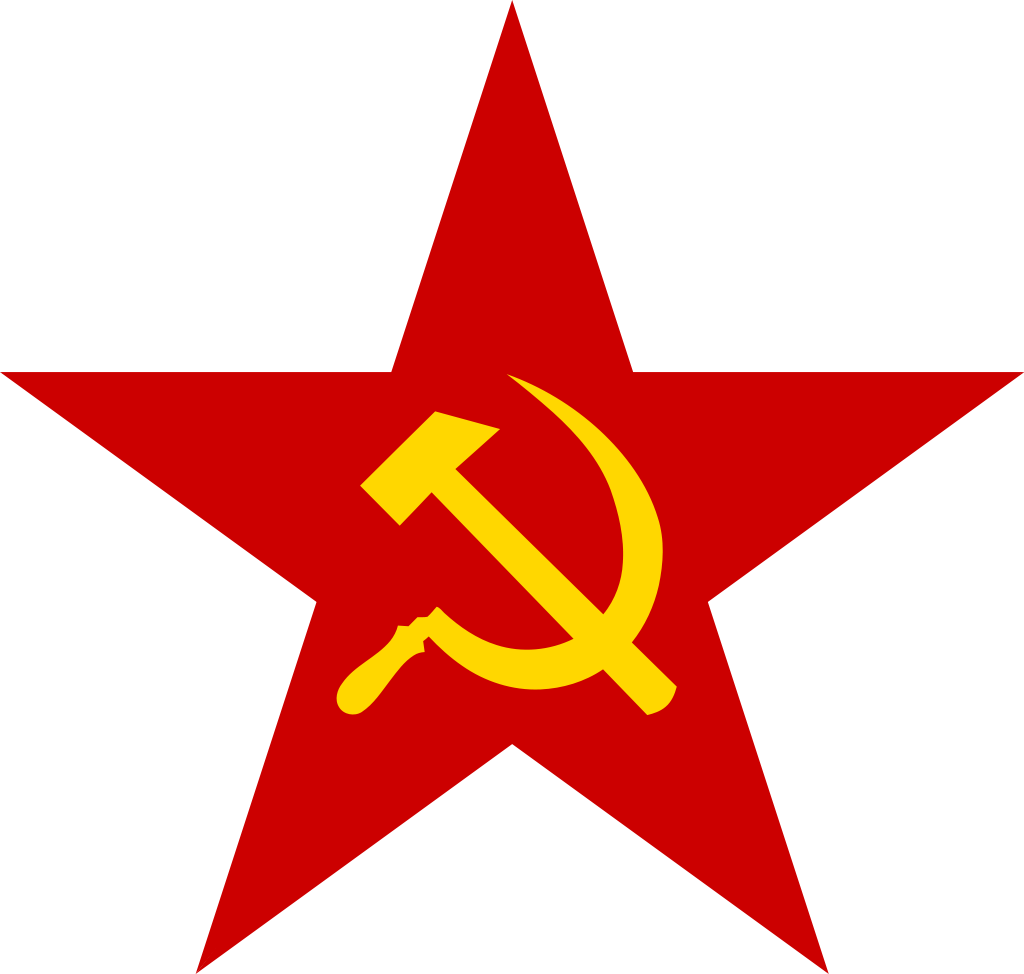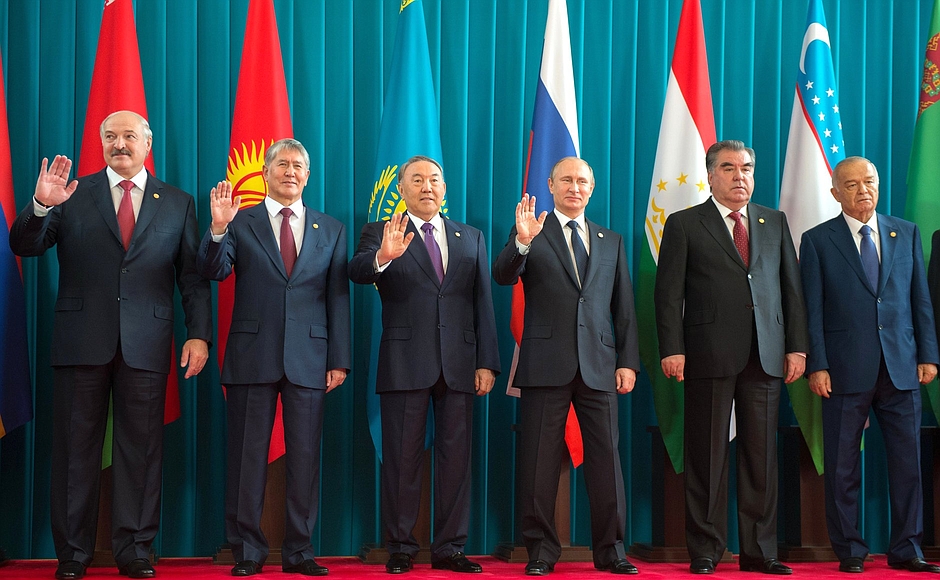Stamp: Lenin Speaking from a Lectern (Soviet Union, USSR 1970)
Lenin Speaking from a Lectern (Soviet Union, USSR 1970)
04 November (Soviet Union, USSR ) within release 53rd Anniversary of Great October Revolution goes into circulation Stamp Lenin Speaking from a Lectern face value 30 Russian kopek
| Stamp Lenin Speaking from a Lectern in catalogues | |
|---|---|
| Michel: | Mi: SU 3806I |
| Unificato: | Un: SU 3657A |
Stamp is square format.
From Souvenir SheetAlso in the issue 53rd Anniversary of Great October Revolution:
- Stamp - Lenin Speaking from a Lectern face value 4;
- Stamp - Lenin Speaking from a Lectern face value 30;
Stamp Lenin Speaking from a Lectern it reflects the thematic directions:
An anniversary is the date on which an event took place or an institution was founded in a previous year, and may also refer to the commemoration or celebration of that event. For example, the first event is the initial occurrence or, if planned, the inaugural of the event. One year later would be the first anniversary of that event. The word was first used for Catholic feasts to commemorate saints. Most countries celebrate national anniversaries, typically called national days. These could be the date of independence of the nation or the adoption of a new constitution or form of government. The important dates in a sitting monarch's reign may also be commemorated, an event often referred to as a "Jubilee".
Communism (from Latin communis, 'common, universal') is a left-wing to far-left sociopolitical, philosophical, and economic ideology within the socialist movement, whose goal is the creation of a communist society, a socioeconomic order centered around common ownership of the means of production, distribution, and exchange that allocates products to everyone in the society based on need. A communist society would entail the absence of private property and social classes, and ultimately moneyand the state (or nation state).
A dictator is a political leader who possesses absolute power. A dictatorship is a state ruled by one dictator or by a polity. The word originated as the title of a Roman dictator elected by the Roman Senate to rule the republic in times of emergency. Like the terms "tyrant" and "autocrat", dictator came to be used almost exclusively as a non-titular term for oppressive rule. In modern usage, the term dictator is generally used to describe a leader who holds or abuses an extraordinary amount of personal power.
Famous People refers to the fame and public attention accorded by the mass media to individuals or groups or, occasionally, animals, but is usually applied to the persons or groups of people (celebrity couples, families, etc.) themselves who receive such a status of fame and attention. Celebrity status is often associated with wealth (commonly referred to as fame and fortune), while fame often provides opportunities to make money.
A head of state (or chief of state) is the public persona that officially represents the national unity and legitimacy of a sovereign state. In some countries, the head of state is a ceremonial figurehead with limited or no executive power, while in others, the head of state is also the head of government. In countries with parliamentary governments, the head of state is typically a ceremonial figurehead that does not actually guide day-to-day government activities and may not be empowered to exercise any kind of secular political authority (e.g., Queen Elizabeth II as Head of the Commonwealth). In countries where the head of state is also the head of government, the president serves as both a public figurehead and the actual highest ranking political leader who oversees the executive branch (e.g., the President of the United States).




